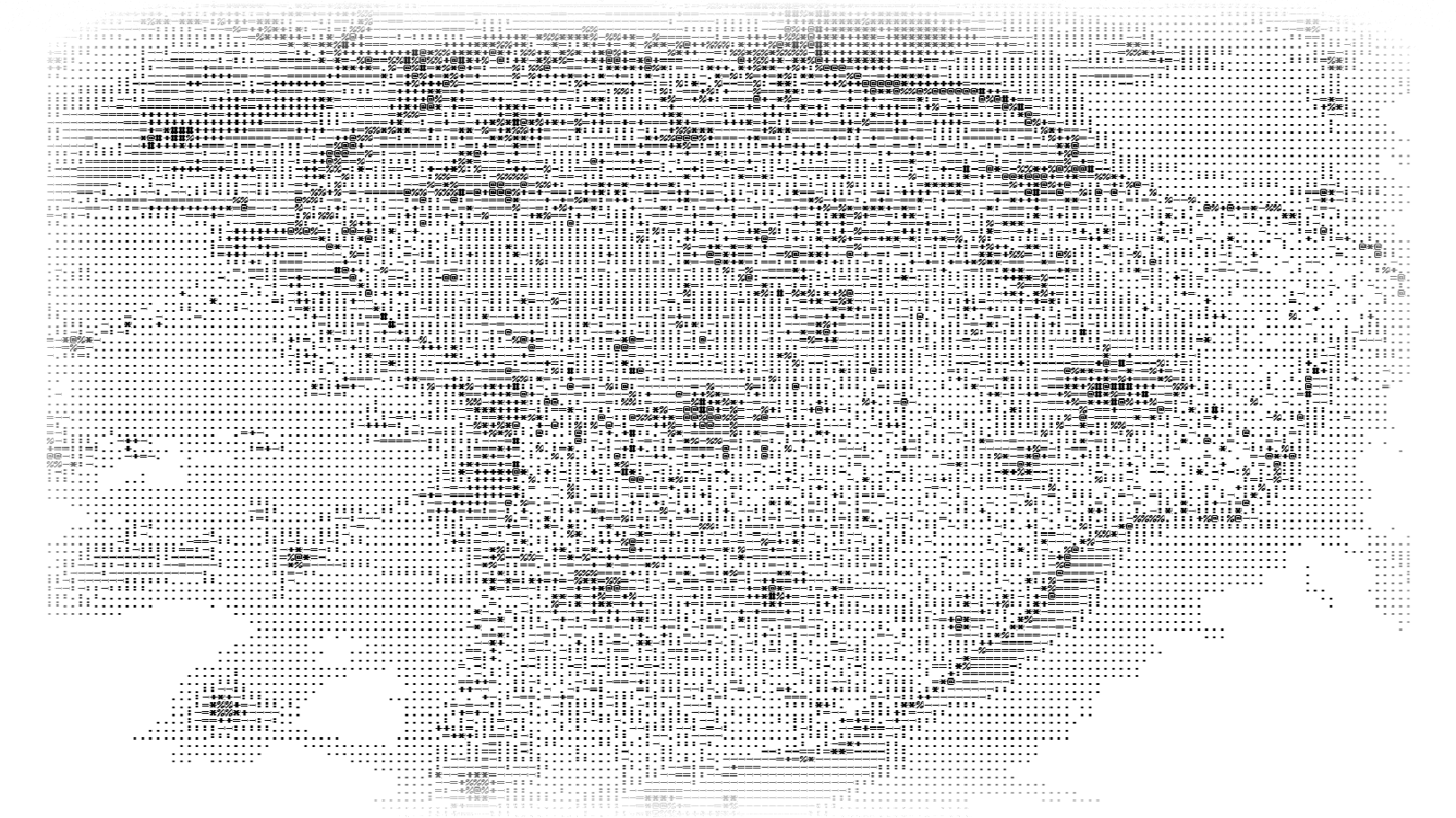
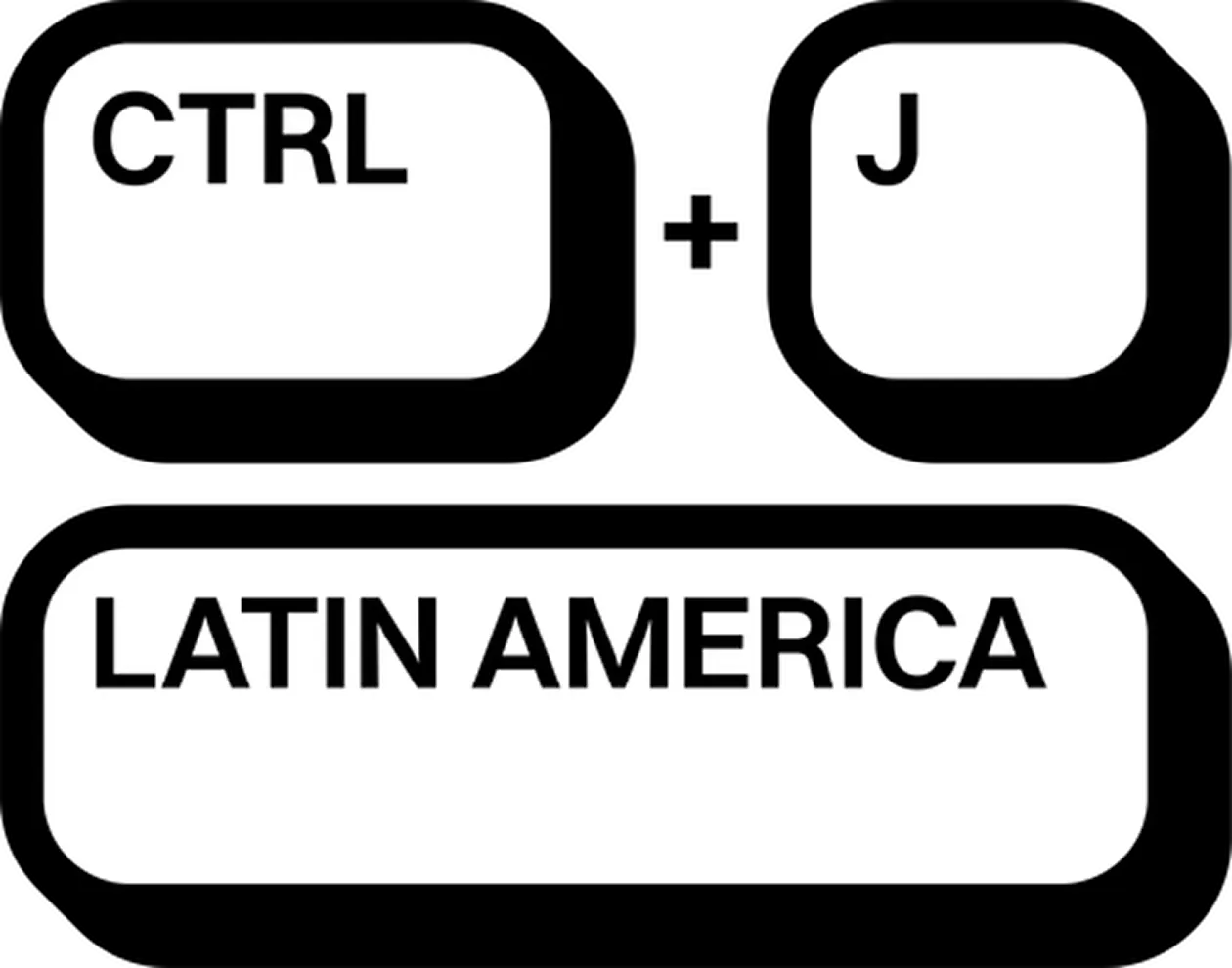
São Paulo, Brazil
CTRL+J Latam tackled the unique challenges and opportunities facing journalism amid technological upheaval in Latin America. With Brazil’s current legislative debate and regional leadership on these issues, underlined by the presidency of the G20 in 2024, São Paulo provided a compelling locale for launching this dialogue.
This convening reflected Latin America’s vibrant digital media ecosystem and engaged civil society, providing a platform for journalists, researchers, civil society leaders and policymakers to share their perspectives and inspire emerging solutions in the region and beyond. As media players across the region grapple with rapid technological disruptions and an increasingly uneven playing field, the conversations tackled key issues related to media sustainability, digital platform regulation, innovation and cooperation. International experiences, such as Canada's Online News Act and South Africa's Competition Commission media and digital platforms market inquiry, served as reference points for discussing fair compensation models for news.
CTRL+J Latam tackled the unique challenges and opportunities facing journalism amid technological upheaval in Latin America. With Brazil’s current legislative debate and regional leadership on these issues, underlined by the presidency of the G20 in 2024, São Paulo provided a compelling locale for launching this dialogue.
This convening reflected Latin America’s vibrant digital media ecosystem and engaged civil society, providing a platform for journalists, researchers, civil society leaders and policymakers to share their perspectives and inspire emerging solutions in the region and beyond. As media players across the region grapple with rapid technological disruptions and an increasingly uneven playing field, the conversations tackled key issues related to media sustainability, digital platform regulation, innovation and cooperation. International experiences, such as Canada's Online News Act and South Africa's Competition Commission media and digital platforms market inquiry, served as reference points for discussing fair compensation models for news.


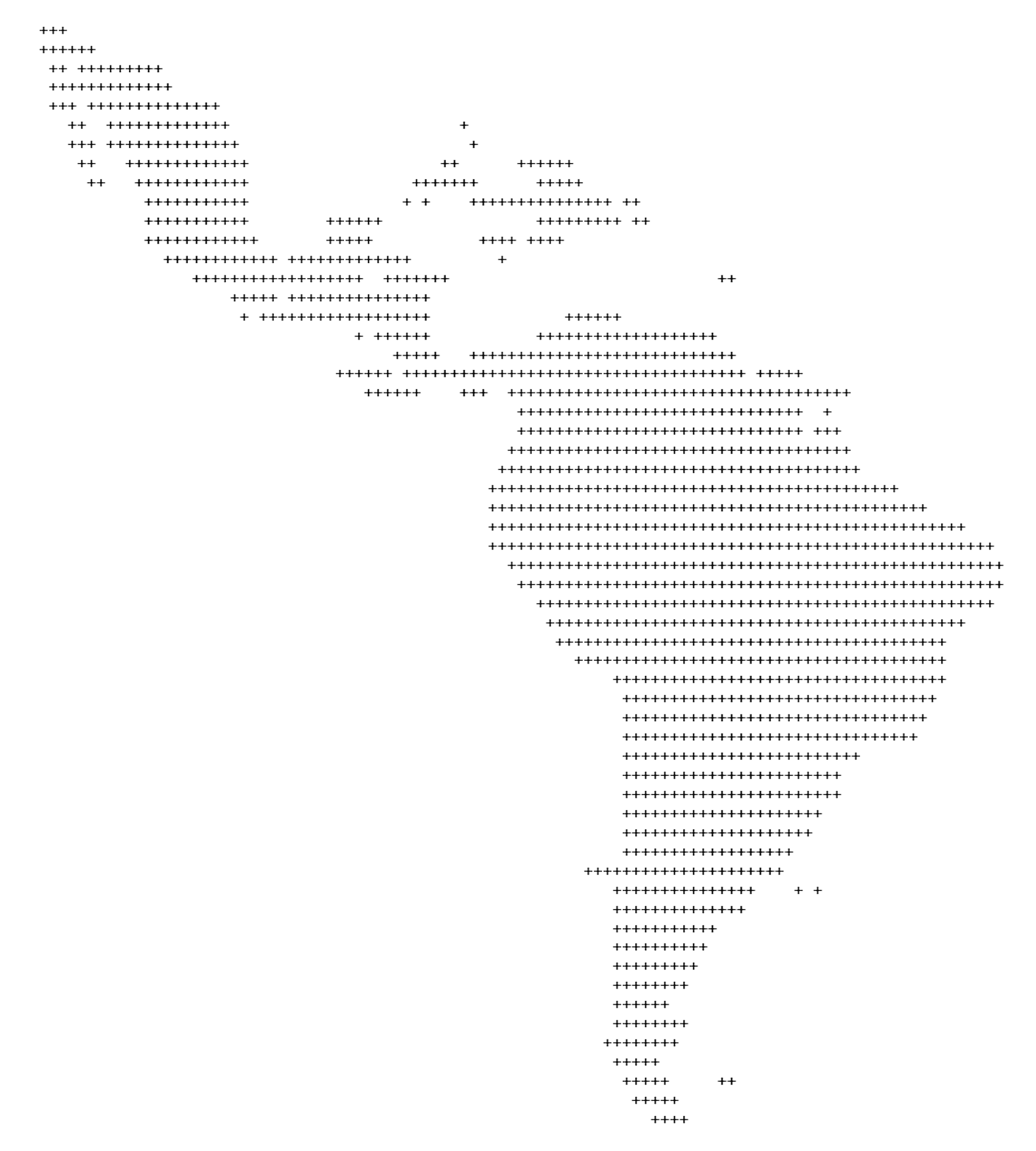


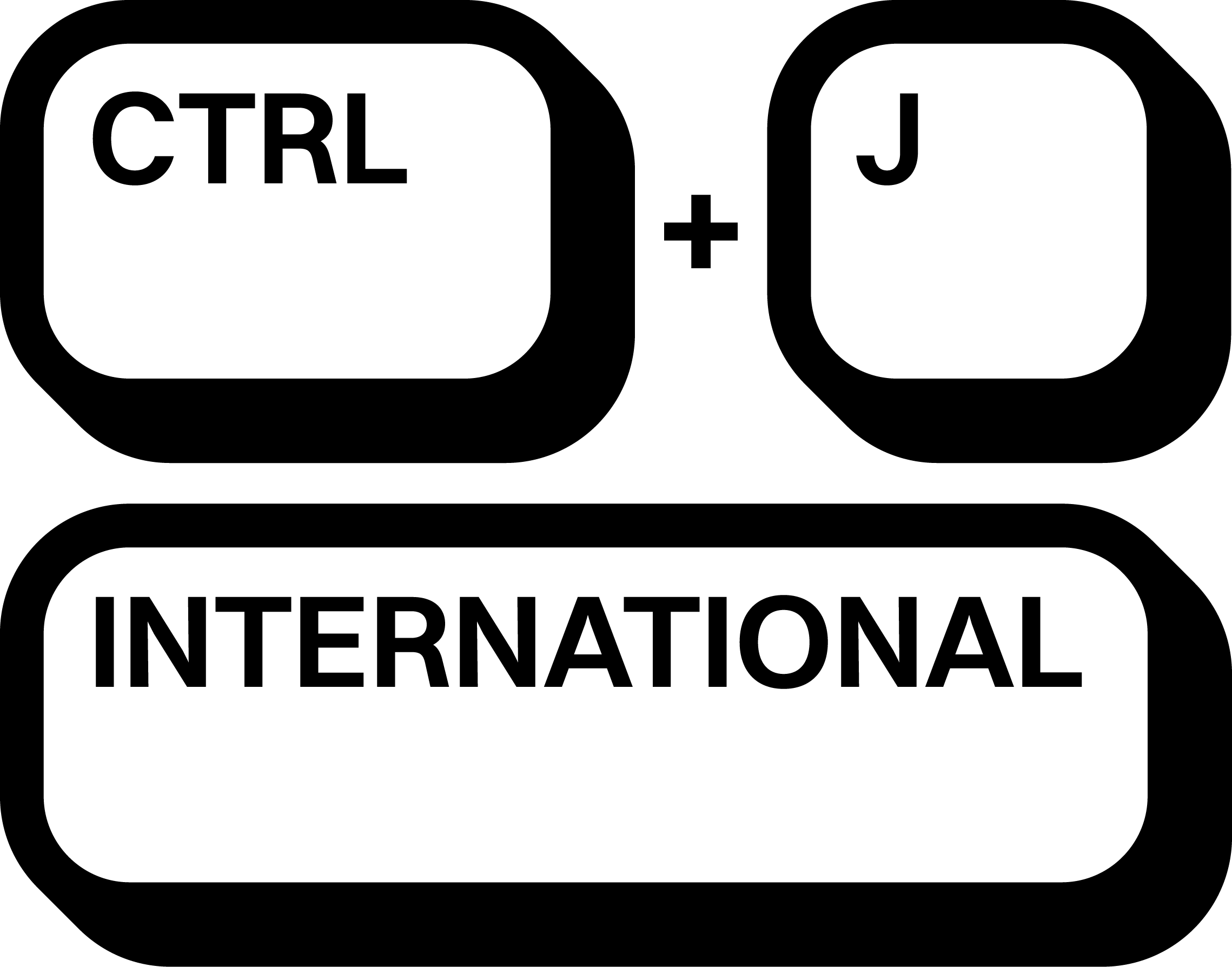

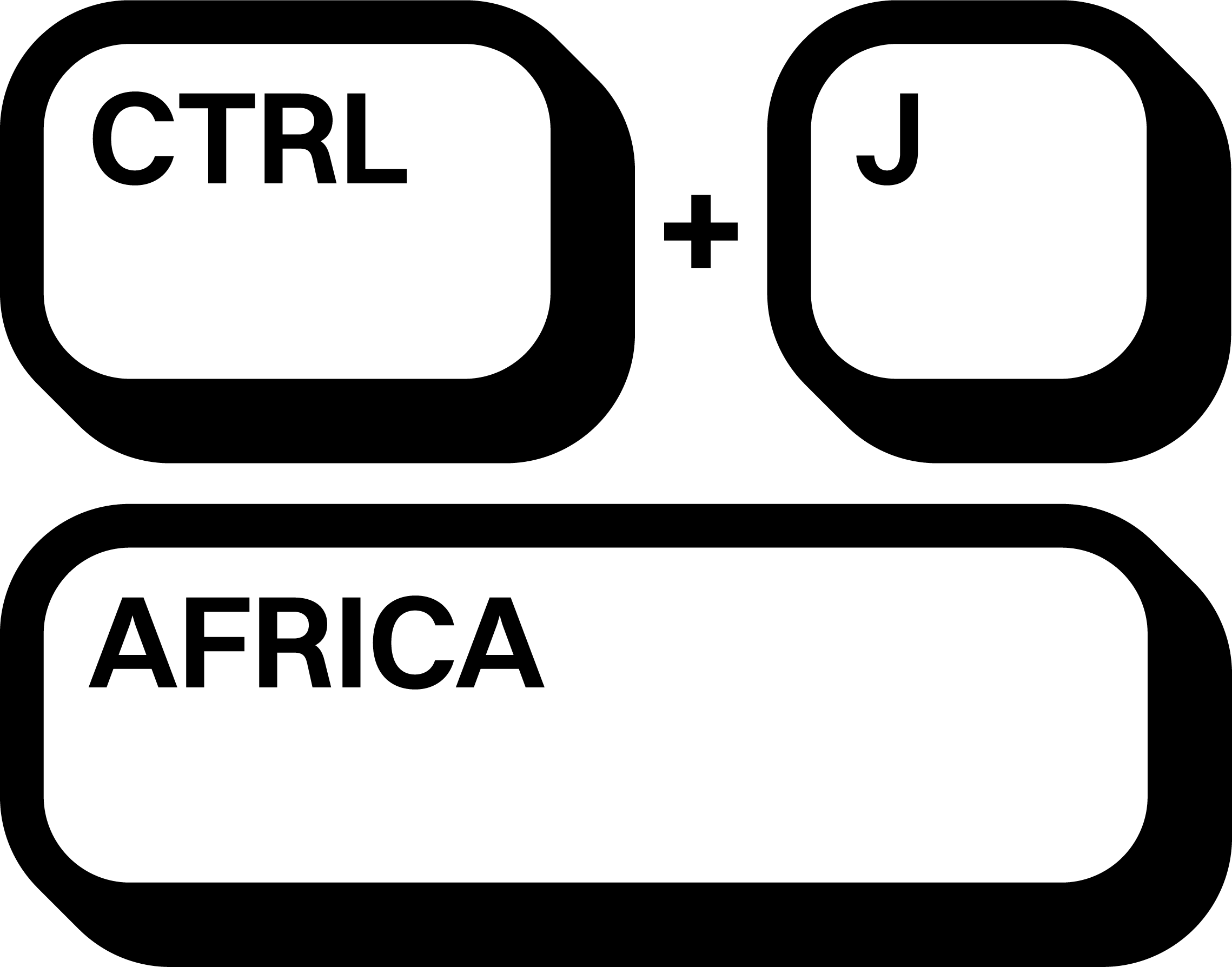

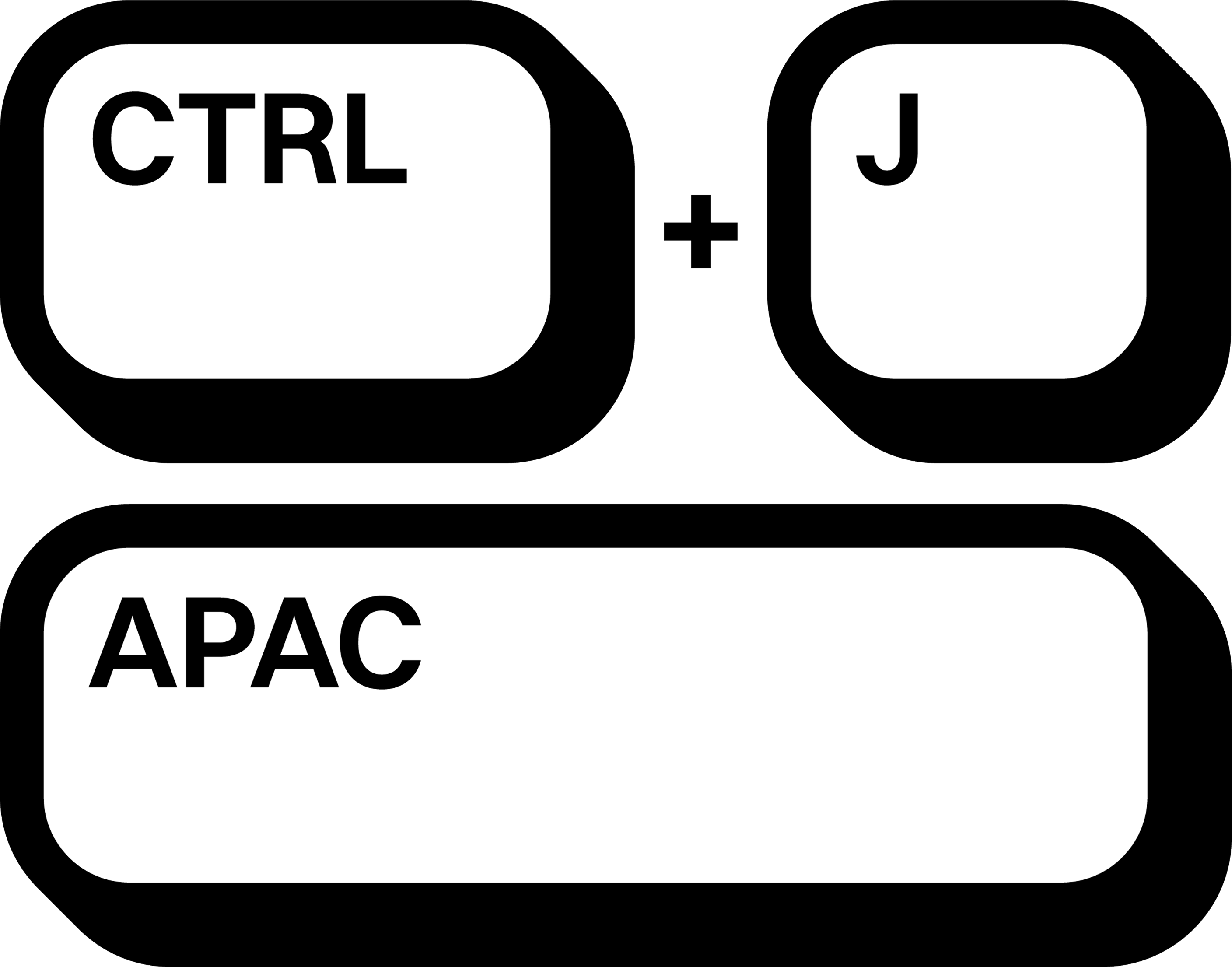
.png)

%20copy.png)
